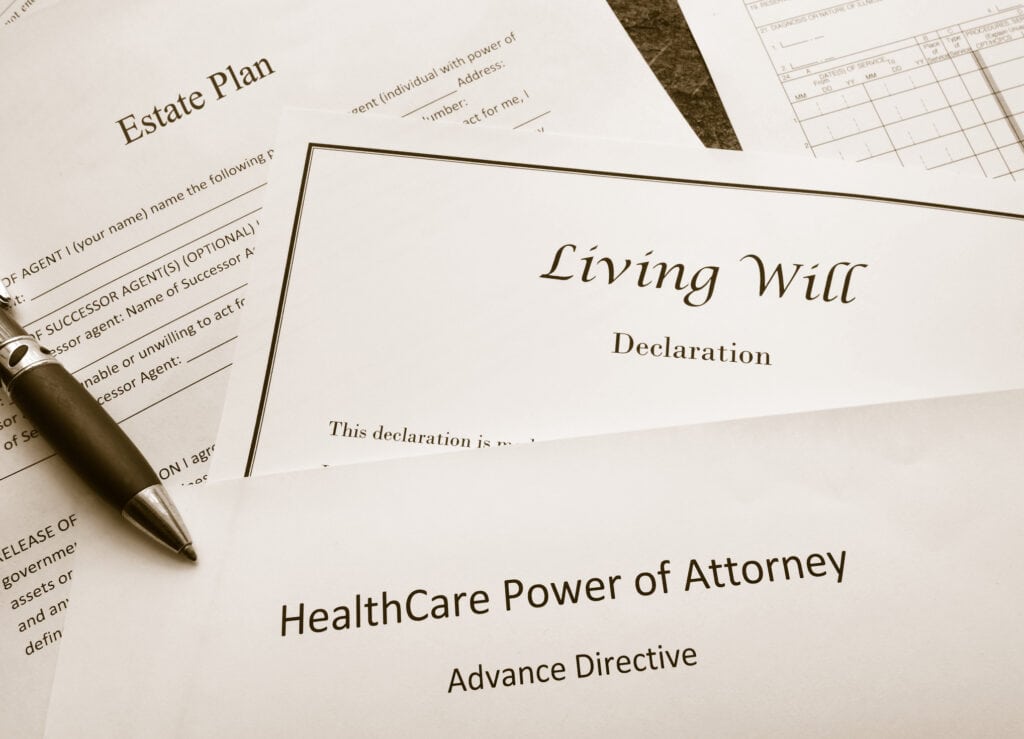Can an IRA Affect Your Medicaid Eligibility?
For many retirees and medicaid applicants, their Individual Retirement Account (IRA) is one of their largest assets and a reliable savings account for retirement. An IRA is also something that can interfere with one’s Medicaid application if they do not understand their IRA’s status and the intricacies of the Medicaid application and what Medicaid considers as an asset. Depending on an IRA’s payout status, it will either be counted as an income source or a non-exempt asset, and each category has different meaning for a Medicaid applicant. There are several options for Medicaid applicants with IRA’s that might interfere with their ability to receive Medicaid benefits, including Medicaid Asset Protection Trusts and annuities. It is also advisable to begin Medicaid planning well in advance of retirement, in which engaging the services of an experienced Medicaid planning attorney will help tremendously.

IRA and Medicaid Eligibility
An individual retirement account (IRA) is a long-term savings account that one can use to save for retirement while enjoying certain tax advantages. It, along with a 401k, is one of the most popular savings tools used by prospective retirees. Although IRA’s are popular and practical tools to plan for retirement, one must also take into account their Medicaid ramifications. One key consideration is that Medicaid often considers the value of assets when determining eligibility. Traditional IRAs, being tax-deferred accounts, can potentially increase an individual's countable assets. This can impact qualification for Medicaid, which is especially significant for those needing long-term care services later in life. Additionally, withdrawals from traditional IRAs may be viewed as income, potentially affecting Medicaid eligibility if they surpass the allowable income thresholds. This intricate interaction between IRA contributions, account values, and potential income from withdrawals highlights the importance of aligning retirement planning with a broader understanding of financial health.
Can an IRA Affect Your Medicaid Eligibility?
Yes, an Individual Retirement Account (IRA) can affect your Medicaid eligibility. Traditional IRAs, being tax-deferred accounts, may increase an individual's countable assets, affecting qualification for Medicaid, especially for those in need of long-term care services later in life. Additionally, withdrawals from traditional IRAs could be considered as income, potentially influencing Medicaid eligibility if they surpass allowable income thresholds. Luckily, there is action that can be taken in order to protect your IRA!
Options For Protecting Your IRA
Exploring options to safeguard your IRA amidst potential Medicaid implications involves a strategic approach to retirement planning. Assessing the impact of traditional IRAs on eligibility, considering alternatives like Roth IRAs for tax efficiency, and exploring long-term care insurance to proactively address future healthcare needs. Find out how these different options ensure a comprehensive strategy in navigating the complexities of retirement planning.
Diversification Beyond Traditional IRAs: Roth IRAs
One avenue to consider is diversifying your retirement portfolio beyond traditional IRAs. Incorporating Roth IRAs, with their after-tax contributions and potential advantages in Medicaid scenarios, may provide a more tax-efficient path. Roth IRAs offer tax free qualified withdrawals, allowing for strategic financial planning during retirement. Additionally, their flexibility in distribution can provide a valuable tool for optimizing tax efficiency based on your changing financial needs in later stages of life. This option not only broadens your investment mix but also enhances flexibility in managing future tax implications.
Long-Term Care Insurance Exploration
Another option is to explore long-term care insurance, which can help cover healthcare expenses without significantly impacting Medicaid eligibility. This proactive approach can provide a financial safety net for potential future medical needs while preserving the integrity of your retirement savings. The careful selection of long-term care insurance ensures that your retirement savings remain intact while addressing potential health-related costs. By strategically incorporating this insurance, you not only shield your IRA from the potential financial burden of long-term care but also secure a comprehensive solution that aligns with your retirement planning, offering peace of mind in the face of unforeseen health challenges.
Comprehensive Estate Planning for IRA Protection
Establishing a comprehensive estate plan can also play a pivotal role in protecting your IRA. This may involve setting up trusts or other legal mechanisms to manage assets efficiently and in a way that aligns with your overall financial goals. This includes addressing potential Medicaid considerations, ensuring that your IRA remains protected within the context of your overall financial strategy.
Conclusion
Navigating the intricate relationship between IRAs and Medicaid can be complicated, therefore making it essential to approach this process with informed and proactive strategies to protect your IRA and ensure a secure retirement future. Seeking professional guidance from qualified attorneys or financial advisors can provide valuable insights tailored to your specific needs. These professionals bring a wealth of expertise, offering personalized insights and strategic recommendations, and will assist individual desires and financial goals. For all your estate planning needs, contact the The Law Office of Inna Fershteyn at (718) 333–2395.


















